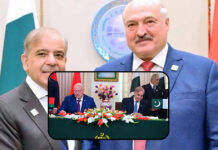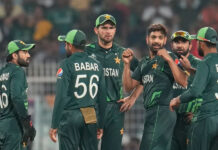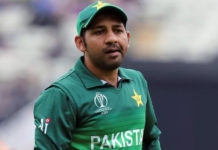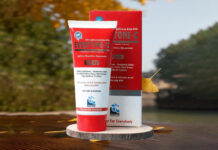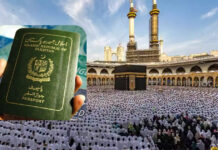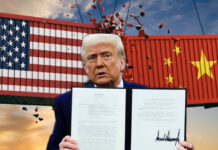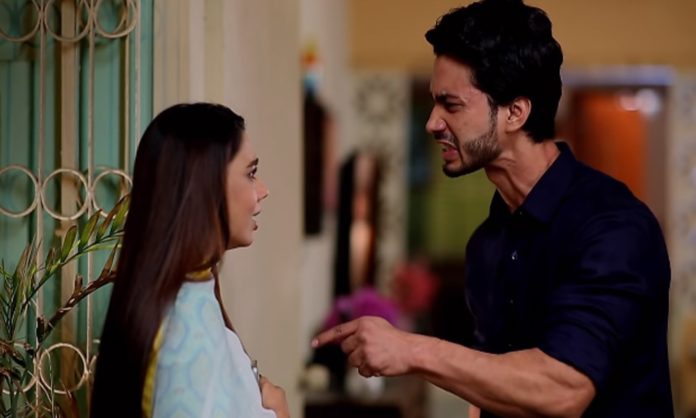The Pakistani entertainment industry is definitely peaking with several short films coming out, many of whom have also gone to achieve international fame. However, at the core of this development lies the Pakistani TV drama industry that’s responsible for the entertainment and socialization of many. So, shouldn’t these dramas be more responsible and progressive? It appears they aren’t because this toxic hero culture is way too prevalent. Here’s how:
Aye Musht-e-Khaak
Aye Musht-e-Khaak is the latest drama starring Sana Javed and Feroze Khan. It has been the talk of the town for all the wrong reasons. The drama shows Javed as a “sweet” and religious girl who meets Bobby, Feroze, who is a narcissistic man. Bobby believes whoever he will marry will fall head-over-heels in love with him.
The drama, in essence, only shows a toxic man who wants to do a “nikkah” and become “mehram” just to touch the girl. If that isn’t an entitlement, we don’t know what is! Why highlight him as a hero then?
Read more: This Scene On ‘Na Mehram’ Is Making Viewers Question The Standard Of Pakistani Dramas
Deewangi
This drama stars Danish Taimoor and he, too, is a toxic hero. The same trope of a wealthy businessman and an unafraid lower-class girl. One scene that is beyond toxic from this drama is when Taimoor buys an entire bus’ ticket so he can travel alone with the girl. How creepy is that? However, the drama chooses to show him as a lover who would go to any lengths for his love.
Prince Charming
This recent short film by Sheheryar Munawar was a great treat. However, it is important to question what the film really wanted to show or change. The film also shows a toxic husband who mistreats his wife clearly going through a mental illness yet he expects her to do all his work. Sure, it doesn’t promote it. However, does it show in some way that these relationships must be condemned? We doubt it.
“He Hurts You Because He Likes You” Must Go
This thinking has long been the norm in our culture. Women are taught that men’s anger is a form of protection. That their harassment is their dedication and commitment. They are taught men’s abuse and toxicity is them fighting all odds to be with them. This thinking has not only bred harassers, abusers, molesters, and rapists but it also breeds women who suffer in silence.
Read more: OP-ED: Pakistani Dramas & Their Trashy Stereotypes
These dramas are in bad taste because they don’t change anything rather, perpetuate the same stereotypes.
Stay tuned to Brandsynario for the latest news and updates.






